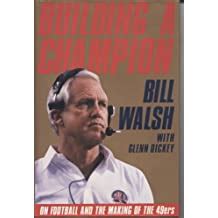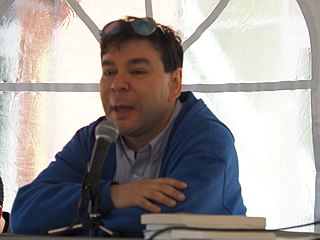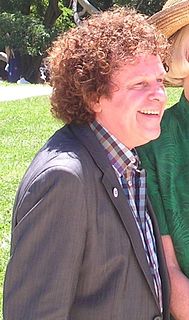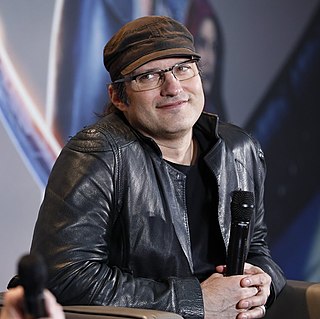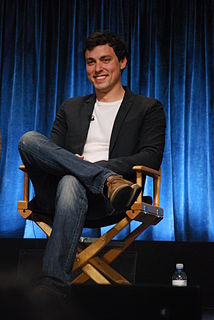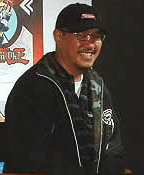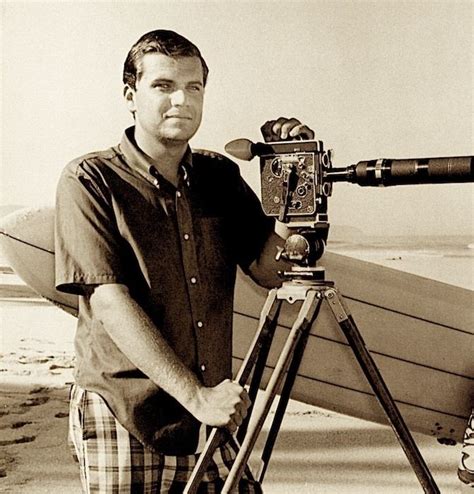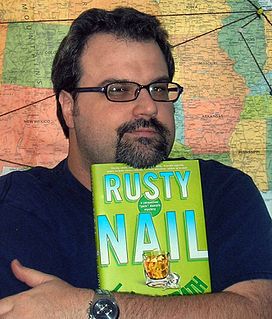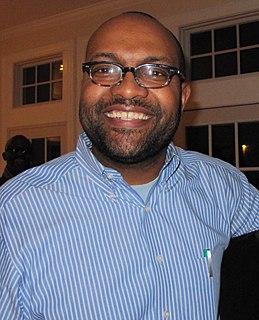A Quote by Bill Walsh
My theory is that, just like with omitting a final comma in a list when not essential for meaning, publishers are trying to save paper and ink or pixels on-screen.
Related Quotes
It seems to me the book has not just aesthetic values - the charming little clothy box of the thing, the smell of the glue, even the print, which has its own beauty. But there's something about the sensation of ink on paper that is in some sense a thing, a phenomenon rather than an epiphenomenon. I can't break the association of electric trash with the computer screen. Words on the screen give the sense of being just another passing electronic wriggle.
Grain isn't structured like a screen door that you're looking through, but pixels are. Film-based grain is just all over the place, one frame totally different from the next. So your edges are coolly sharp and have a different feeling, an organic feeling rather than this mechanic feeling you get with digital.
Kindle Singles is publishing on skates. It prints like lightning; our book meets readers in hours. I've spent so many years waiting for publishers to consider whether they wanted to print a book of mine, making contracts, taking months to fit it into the Fall list or the Spring list, fitting it into an advertising plan.
I think the celebrity author trend reflects, at least in part, the growing influence of marketing departments at publishing companies. The emphasis becomes on the easy sell, as opposed to finding the best quality and writing and illustrating. There are exceptions (I like John Lithgow's stuff, for example), but a lot of it is putrid, and the best of it is often ghostwritten. Save the ink. Save the trees. Save our brain cells.
